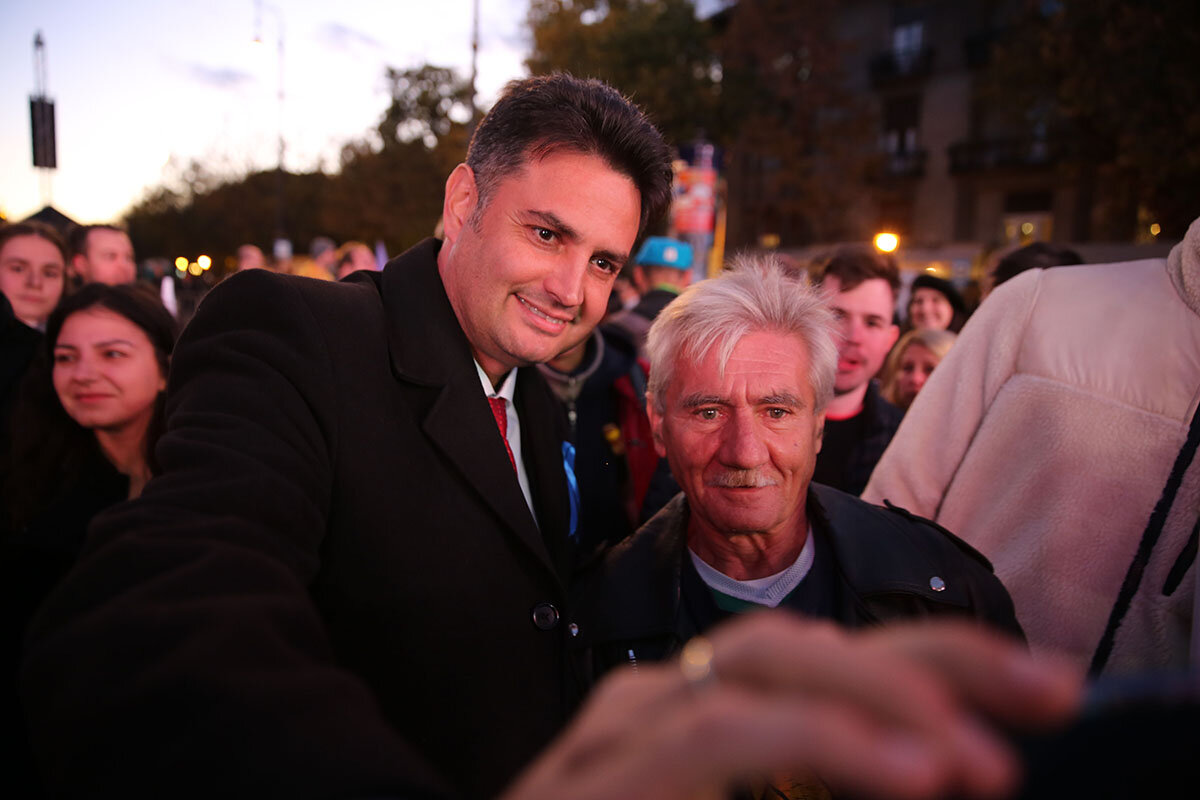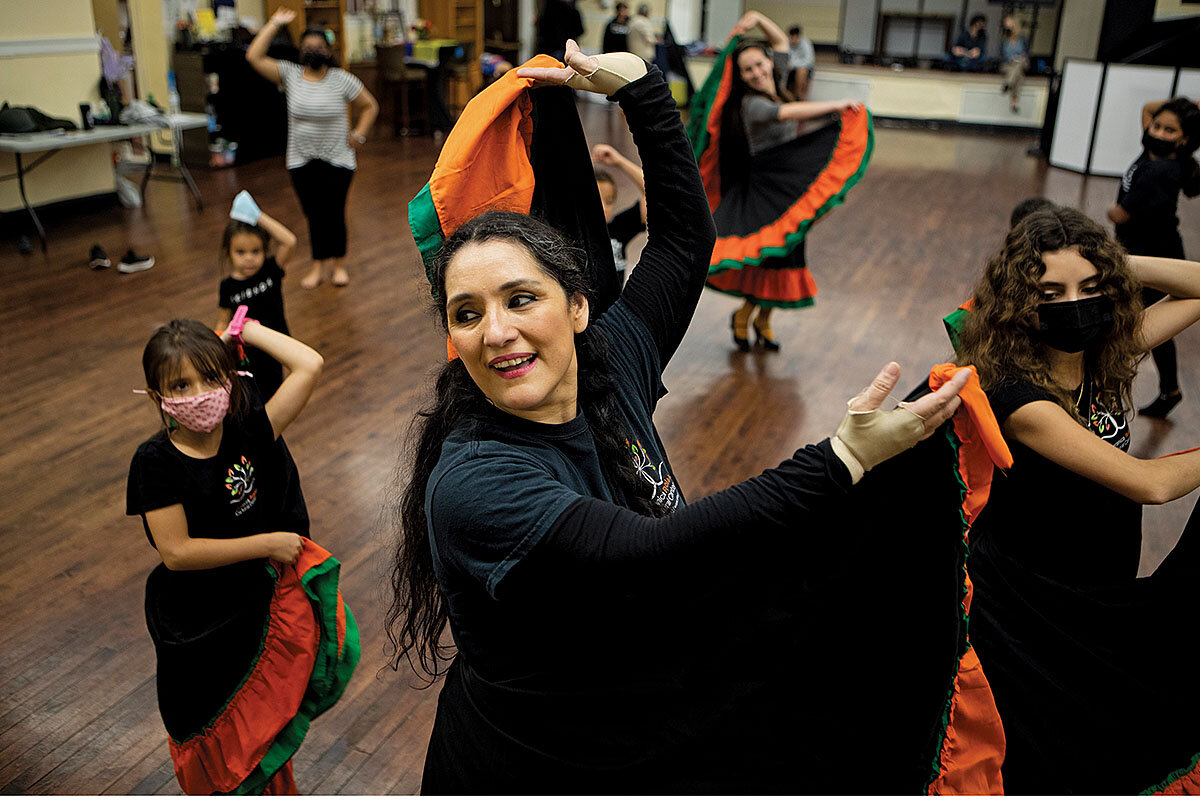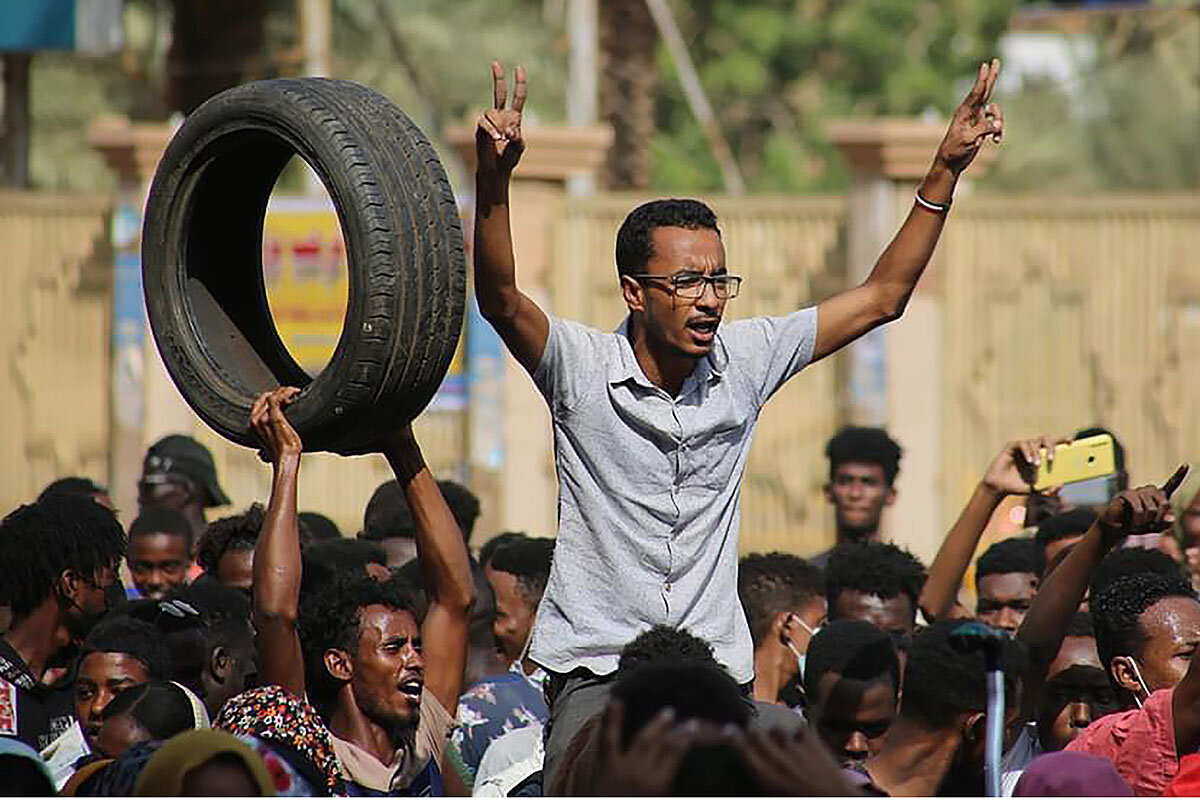As its economy and government collapse, Lebanon has become almost unrecognizable to its own people. Now, they are rallying around each other to provide for their most basic needs.
Monitor Daily Podcast
- Follow us:
- Apple Podcasts
- Spotify
- RSS Feed
- Download
 Amelia Newcomb
Amelia Newcomb
Not long ago, Michael Mason supervised 6,500 adults in 56 offices across the United States. Today, he supervises nine people – all of them children. That’s the result of answering a call to service far different from that which occupied most of his professional life.
Mr. Mason is a school bus driver. He was a longtime top official at the FBI, and then at Verizon. But last spring, he learned of an acute driver shortage. So he stepped out of retirement and got his commercial license. His trainers were impressed and asked if he would transport kids with disabilities. Now, he picks up his charges for the Chesterfield County Public Schools in Virginia every morning and delivers them to an after-school program every afternoon. He donates most of his salary to charity.
It’s not always easy – he mentions some “cacophonous” days. But he loves the connections he makes. There are the breakthrough smiles and waves from students, the parents reassured he cares for their children’s safety. The job makes him smile, too, as he remembers his late father, a truck driver who raised him as a single parent on Chicago’s South Side.
And there’s his commitment to being on the “front lines,” something he spoke about in a video series chronicling the experiences of African American special agents like himself at the FBI. As he told The Washington Post, we “all contribute stones to build the cathedral... . I’m transporting America’s future. What could be more important than that?”










